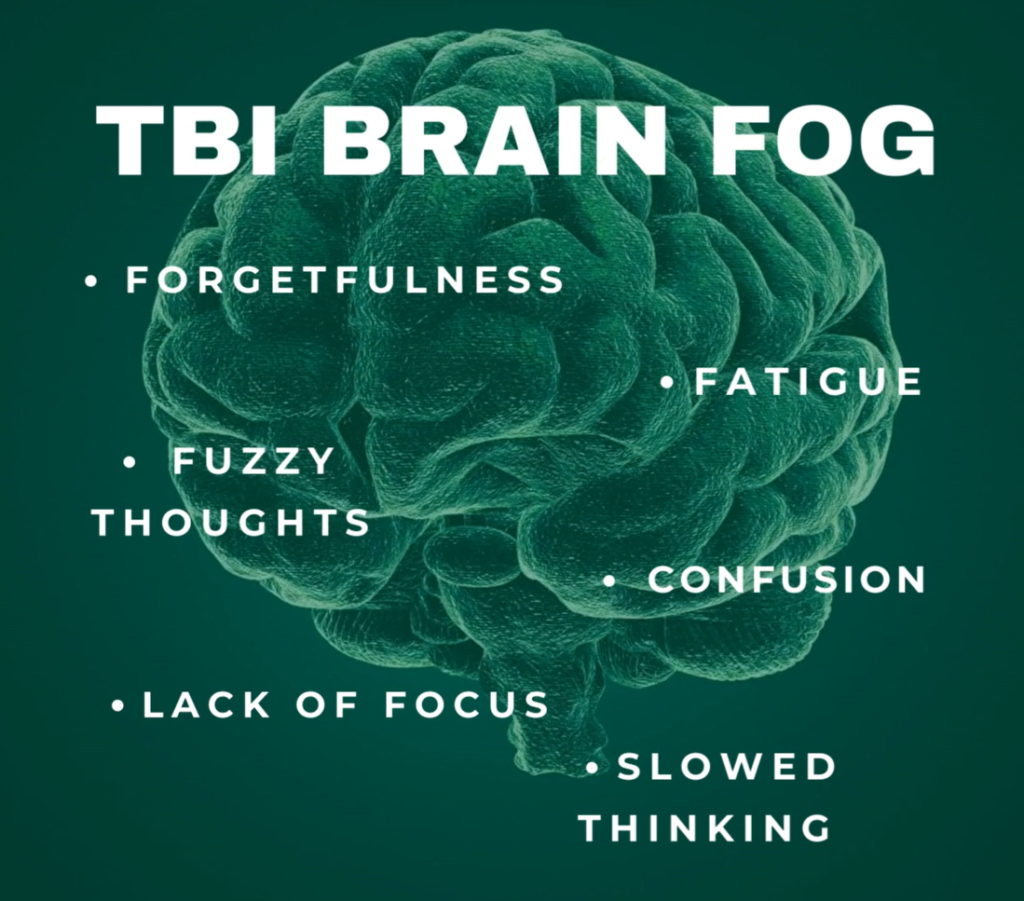The Power of ‘No’: Mindful Boundaries for Emotional Health
Setting boundaries is essential for maintaining emotional health, especially for individuals who have experienced traumatic brain injuries (TBI). Learning to say “no” can empower you to protect your mental well-being and foster self-respect. In this blog, we will explore the importance of mindful boundaries, how to set limits without guilt, and affirmations to reinforce your […]
The Power of ‘No’: Mindful Boundaries for Emotional Health Read More »










